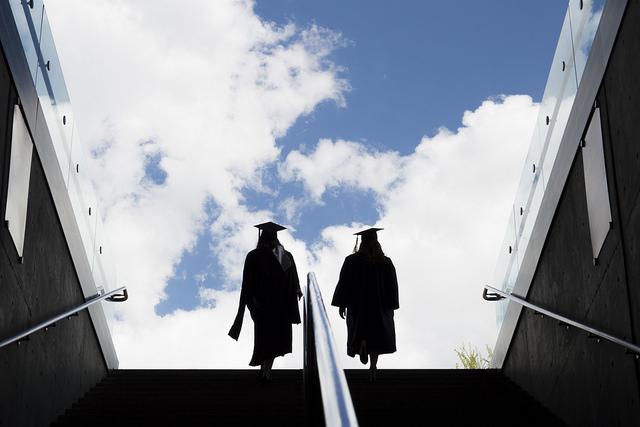
In July 2016, Prime Minister Malcolm Turnbull called on his counterterrorism advisers to investigate the mental state of potential ‘lone-wolf’ terrorists. Two months later, Ihsas Khan was charged with a terrorism offence for the allegedly Daesh-inspired knife attack on a grandfather in Minto. Khan had previously been before the courts on larceny and malicious property damage charges, and ordered to undertake a course of psychiatric medication.
At the same time, some political and community leaders, alongside journalists, are showing moral confusion about the correct form of relationship between Australia’s approximately 500,000 Muslim citizens and their fellow Australians. The country’s military forces, including some Muslim personnel, have been at war with Muslim extremists in the Middle East since 2001.
If ever universities had a role to play in studying and explaining violence in the Australian society, now is it. The Vice Chancellor of University of Southern Queensland, Jan Thomas, made an appeal to universities across the Commonwealth to become more directly involved in mentoring students who might be vulnerable to terrorist recruitment during her Chairman’s address to the Association of Commonwealth Universities in July.
The Australian Catholic University is home to two impressive sets of work on the topic, one by Joshua Roose (Political Islam and Masculinity: Muslim Men in Australia 2016) and one by Lazar Stankov on the psychology of extremist mindsets. The latter is exactly what Turnbull seems to be calling for. Jan Ali at the University of Western Sydney has also undertaken valuable community-based surveys.
With support from the federal government, ANU scholar Dr Clarke Jones and Deakin University’s Professor Greg Barton set up the Australian Intervention Support Hub to promote evidence-based research on counter-radicalisation in August 2015.
ANU’s National Security College (NSC), a joint initiative of the university and the federal government, has also stepped up its work in the recent past. In 2014, former government official and law graduate Teneille Elliott started a landmark PhD investigation at the NSC into Australian counterterrorism policy responses. She’s currently studying how we can evaluate the effectiveness and appropriateness of the Australian government’s approach to countering violent extremism and combatting potential terrorism at home. By my estimation, this is the first university-based multi-year evaluation of policy responses in many years.
Yet pockets of excellence such as this don’t address all of the important national research needs as identified by the scholars themselves, or even those specifically identified by the Prime Minister in July. There hasn’t been any sustained surge in related university research on domestic violent extremism since 9/11. Many academics in the field see the amount of funding provided to this research as woefully inadequate and intermittent.
Since 2010, the Australian Research Council (ARC) appears to have funded only one grant focused directly on political science aspects of countering violent extremism, terrorism and radicalisation. As the ARC documentation for a 2016 grant linked to education and radicalisation notes: ‘there is no coherent, evidence-based understanding of young Australians’ perspectives on religions and nonreligious worldviews’ when it comes to terrorism.
The ARC has funded work looking at the citizenship aspects of those issues, for which there’s an urgent need. Ben Saul at Sydney and George Williams at UNSW are leading lights on the defence of ethical approaches to countering terrorism. But Australia doesn’t produce enough research on the causes of terrorism in Australia or the evaluation of political responses to it.
The main explanation of the research deficit in Australia is the way in which we fund social research on interdisciplinary subjects such as countering violent extremism, or other contemporary challenges, such as cyber security and even innovation systems. The ARC isn’t structured to support a knowledge economy in these unconventional fields, a fact acknowledged privately by several government ministers.
A stronger agenda for sustained and consistent research on counterterrorism with impact on the security of Australians should include work in three areas. We need sustained and consistent longitudinal social science and psychological research on perpetrators and possible source groups inside Australia. We desperately need work on the effectiveness of Australia’s law and justice responses, especially at the state and community levels. Importantly, we need research and reflection on ethics: how to find a better balance between protection of human rights (citizenship and freedom of conscience) and promoting a robust counterterrorism strategy.
Our governments, our universities and our communities need to put more faith in the capacity of research to shape a better response to violence in the name of religion.